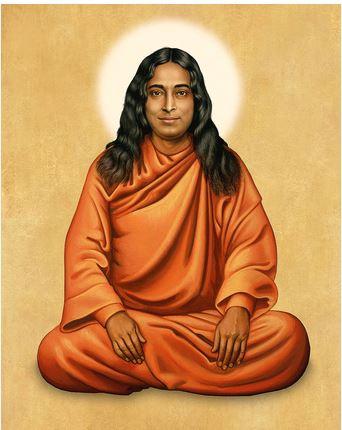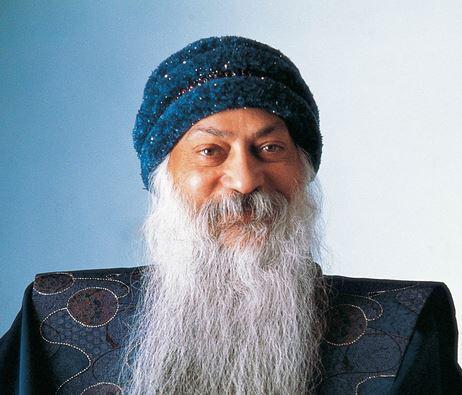Introduction: Who Was Paramahansa Yogananda?
Paramahansa Yogananda was a pioneering spiritual teacher who played a vital role in bringing Indian philosophy, yoga, and meditation to the West. Best known as the author of the spiritual classic Autobiography of a Yogi, Yogananda introduced millions to the power of Kriya Yoga, inner stillness, and direct personal experience of God.
Born in India in 1893, he became one of the first Indian yogis to live and teach in the United States, sparking a spiritual revolution that continues to inspire people worldwide.
Early Life and Spiritual Awakening
Yogananda was born as Mukunda Lal Ghosh in Gorakhpur, India. From a young age, he was drawn to saints, meditation, and the pursuit of higher truth. After meeting his guru, Swami Sri Yukteswar, Yogananda underwent intense spiritual training and preparation for a mission that would take him far beyond India's borders.
He entered the monastic Swami order and took the name Yogananda, meaning “bliss through divine union.” Later, he was honored with the title Paramahansa, which signifies supreme swan or highest spiritual realization.
Bringing Yoga to the West
In 1920, Yogananda was invited to speak at the International Congress of Religious Liberals in Boston, marking the beginning of his long mission in the West. That same year, he founded the Self-Realization Fellowship (SRF) to disseminate the ancient science of Kriya Yoga, a powerful meditation technique that accelerates spiritual growth.
He traveled across the United States in the 1920s and 1930s, drawing massive audiences and teaching practical tools for spiritual living based on universal truths found in all religions.
Autobiography of a Yogi – A Spiritual Classic
Published in 1946, Autobiography of a Yogi is Yogananda’s best-known work and remains one of the most influential spiritual books of the 20th century. It has inspired leaders, artists, and seekers alike—including Steve Jobs, who reportedly re-read it annually.
The book recounts his spiritual journey, meetings with saints and mystics, and the deeper meaning of life and consciousness. It helped demystify Indian spirituality for a global audience and has been translated into over 50 languages.
Core Teachings of Paramahansa Yogananda
Yogananda’s message is timeless and universal, combining devotion, self-discipline, and scientific meditation practices to achieve personal and spiritual transformation.
His key teachings include:
-
Kriya Yoga: A sacred technique for accelerating spiritual evolution.
-
Unity of Religions: All paths lead to the same divine truth.
-
Inner Stillness: God is found in deep meditation and silence.
-
Balanced Living: Spirituality should be integrated with everyday life—work, relationships, health.
He often taught, “Be calmly active and actively calm,” urging people to find God not only in temples but also in their homes, hearts, and daily lives.
Legacy and Global Impact
Paramahansa Yogananda entered mahasamadhi (conscious exit from the body at death) in 1952 in Los Angeles. His legacy lives on through:
-
Self-Realization Fellowship (SRF) and Yogoda Satsanga Society (YSS) in India.
-
Autobiography of a Yogi, which continues to change lives.
-
A global movement of yoga and meditation practitioners inspired by his teachings.
His influence can be seen in today’s explosion of interest in mindfulness, yoga, and Eastern spirituality in the West.
Final Thoughts: Why Yogananda Still Matters
In a world overwhelmed by distraction, stress, and materialism, Paramahansa Yogananda's teachings offer a powerful reminder: The peace we seek lies within.
Through his life, writings, and meditation techniques, he continues to guide seekers toward self-realization, divine connection, and inner joy.
Whether you're new to yoga or on a deep spiritual path, Paramahansa Yogananda is a teacher whose message remains as relevant today as it was a century ago.






